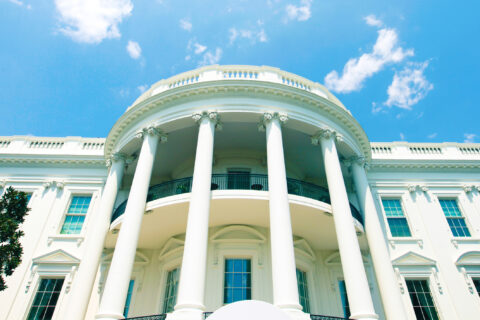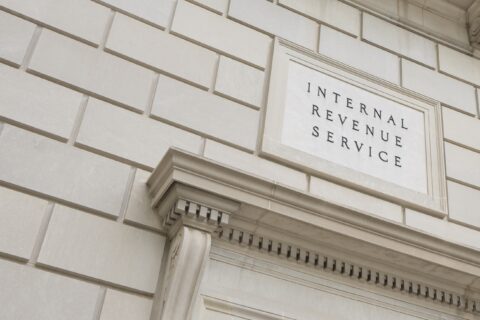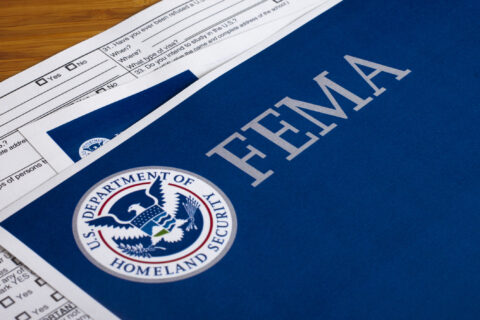On October 14, the Department of Treasury announced their assistance to local governments with questions about the complex rules and requirements of the American Rescue Plan Act’s State and Local Fiscal Recovery Funds (SLFRF) program will be dramatically scaled back starting Monday, October 17, 2022. Until now, Treasury provided guidance through call center support and email communications.
Recipients of State and Local Fiscal Recovery Funds (SLFRF) dollars received an email on October stating: “After Monday, October 17, Treasury’s contact center will no longer be able to respond to phone calls. In addition, starting later this month Treasury will be forced to further ramp down staff support for the contact center and as a result response times to recipient emails are also expected to be significantly delayed.”
What Happened?
The National League of Cities has been tracking the recent possibility of this unfortunate outcome after the Department of Treasury’s Deputy Secretary sent a warning to all SLFRF grantees on September 23. That message informed grantees that funding for call center support – which provides an entry point for recipients to bring their questions or issues, including around payments and reporting – will be shut down. Additionally, that email noted that ongoing and future email support would be sharply curtailed.
While this might seem like a quick order of events, Treasury has been aware of the funding shortfall for months and has been trying to receive authority from Congress to reallocate administrative funds from other relief-era programs to staff the help centers.
What Does this Mean for My Community?
It is unclear at this moment how this will affect most cities, towns and villages. The ability to get questions answered will certainly be greatly reduced. Further, the help center’s lack of ability to respond to questions will hurt small and rural local governments the hardest, as these municipalities already have the least resources to implement SLFRF programs.
To ease any consequential burden, the Department of Treasury provided access to frequently asked questions from grantees by clicking on the Self-Service Resources button at the top of the SLFRF page.
Looking forward, almost all non-entitlement units of local government (NEUs) do not have to file their next annual report until April 2023, a number of months still away. This provides some time for there to be an adequate solution implemented to address the lack of support from the Department of Treasury for SLFRF grantees, since the filing deadline is when many municipalities need further guidance and assistance to comply with filing regulations.
Will the Treasury Be Able to Restart Their Phone and Email Help Center?
There is a specific legislative fix for this problem. The Senate passed the State, Local, Tribal, and Territorial Fiscal Recovery, Infrastructure, and Disaster Relief Flexibility Act (S. 3011) by unanimous consent on October 19, 2021. This legislation contains language providing the Department of Treasury the administrative flexibility to move money between relief-era programs, which would allow Treasury to shift funds from another program to staff up the help centers again. This would not require new funds, it is simply allowing Treasury to use already appropriated funds.
We urge Congress to include H.R. 5735 in the next must-pass funding bill. NLC has worked to raise this issue as a top priority for Congress. Alongside other state and local associations, NLC joined a letter calling on Congress to attach the provision allowing for Treasury to have administrative flexibility to the last government funding bill that was passed last month.
The potential strain on cities, towns and villages that results from ending the call and email centers, is an issue that NLC both recognizes and commits to elevating with Congress, in hopes of achieving a legislative fix as soon as possible.
What’s Next?
NLC stands ready to support cities, towns and villages as they seek guidance during this time. To help NLC make its case to Congress, please click here to write your House member to call on them to include H.R. 5735 in the next passed funding bill to help Treasury re-open their helplines.









